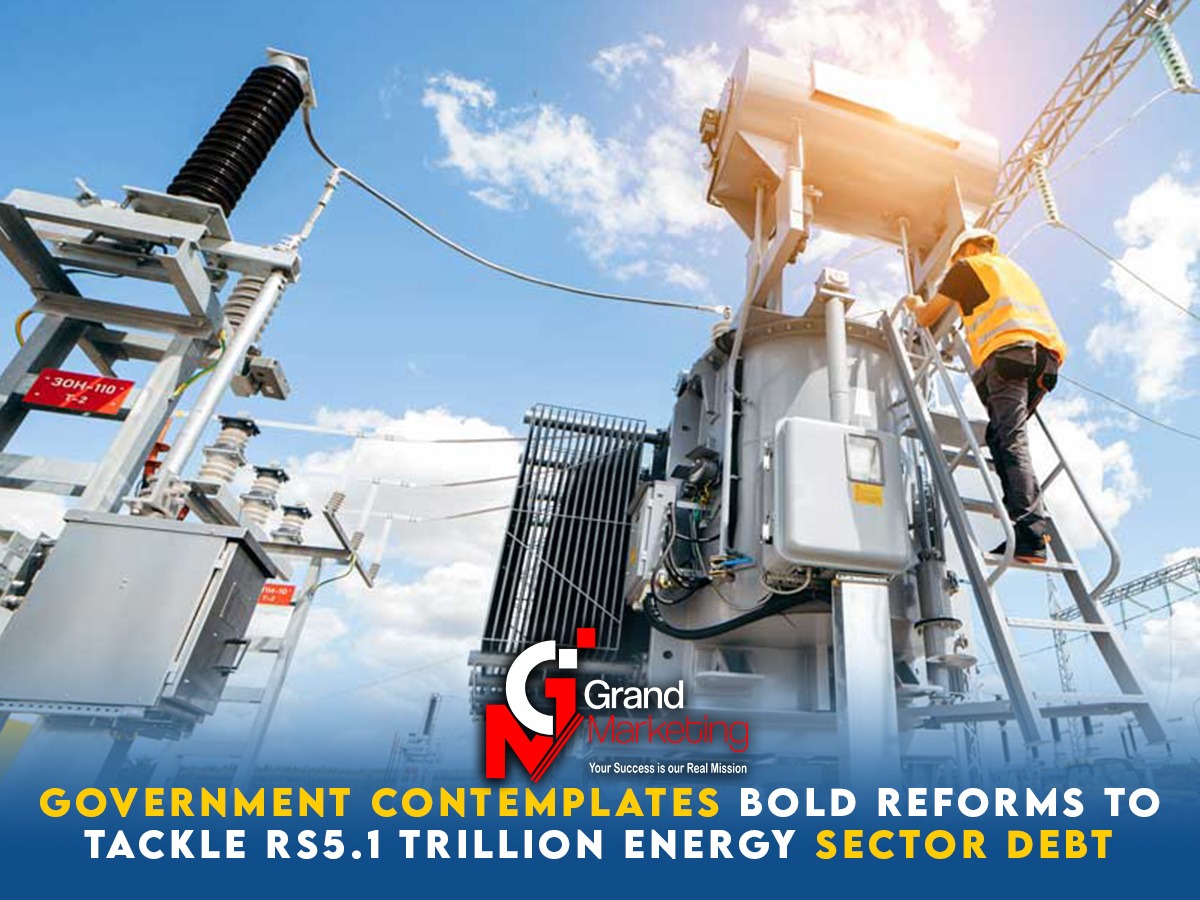
Islamabad, September 26, 2023 – In a bid to confront the mounting challenges of circular debt and losses plaguing Pakistan’s power quarter, the caretaker government is poised for a vast policy shift. With an awesome round debt crisis totaling Rs2.Three trillion inside the electricity zone and an additional Rs2.8 trillion inside the gas quarter, the blended weight of over $17 billion threaten the sustainability of these vital sectors.
The authorities are actively considering two pivotal techniques to cope with those problems: the privatization of each strength generation company (Gencos) and distribution businesses (Discos), or the transfer of management manipulation to private entities for a period of 20 to 25 years. This move is triggered by the urgent want to ward off an approaching catastrophe.
Energy Minister Muhammad Ali discovered that discussions are underway with the World Bank’s International Finance Corporation (IFC) to transfer control duties for 4 energy generation flowers and 10 kingdom-run Discos to private entities via long-time concession agreements.
The strength generation plants in question embody the Haveli Bahadur Shah and Balloki energy plants, the Guddu energy plant, and the Nandipur power plant. The authorities are exploring numerous options, along with moving Discos to provincial governments, complete privatization, or delegating management to personal traders.
Following privatization or management transfer, the imposition of uniform price lists can also now not be obligatory, ushering in variable tariff systems. This strategic shift seeks to relieve the authorities’ economic burden, particularly in subsidies and losses.
While public listings are on the desk, they’re being taken into consideration solely for worthwhile entities. This pass toward privatization is envisaged as a catalyst for monetary growth, job introduction, and a surge in tax revenues.
In the gas area, the forecast predicts a scenario corresponding to the previous 12 months, with planned fuel load-losing and anticipated increases in fuel price lists, in particular for low-earnings consumers. Government-impartial power producer (IPP) agreements will continue to be intact, as international investments necessitate the maintenance of current arrangements.
Short-time period techniques aimed at mitigating circular debt consist of price discount measures, extended mortgage terms, the promotion of nearby electricity generation, and enhancements to transmission strains.
Of precise subject is the fuel sector’s annual losses, expected at Rs350 billion. These losses are typically attributed to the reliance on imported liquefied herbal fuel (LNG), procured at a higher fee than locally sourced fuel.
In summation, the Pakistani authorities are poised for a sweeping transformation of the electricity and fuel sectors, with privatization and management transfers taking the middle degree. These reforms are predicted to lighten the economic load, foster efficiency, and pressure economic expansion, all whilst ensuring persevered accessibility to essential services for consumers.




